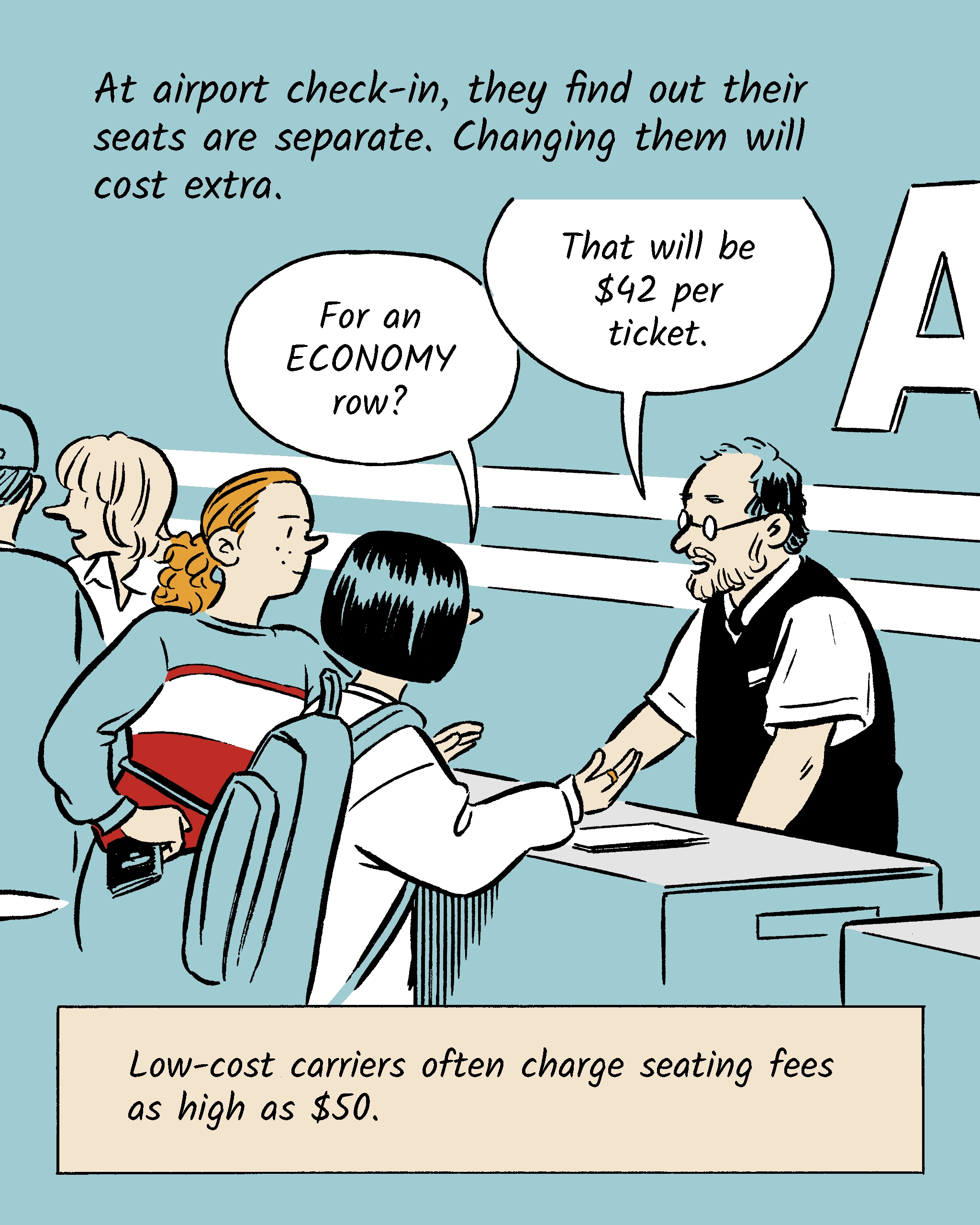Understanding Currency Exchange in Jakarta
When traveling to Jakarta, one of the first things you’ll need to do is exchange your currency for Indonesian Rupiah (IDR). While this process might seem straightforward, hidden fees can quickly add up, making your trip more expensive than anticipated. Knowing what to watch for can help you avoid unnecessary costs and make the most of your money.
Exchange Rate Markups
One of the most common hidden fees when exchanging money is the exchange rate markup. Currency exchange providers often advertise “no commission” or “zero fees,” but they make their profit by offering a less favorable exchange rate than the market rate. This means you get fewer Rupiah for your dollars, euros, or other currency. To avoid this, compare the rates offered by different exchange services and check the current market rate online. Banks and official money changers usually offer better rates than hotels or airport kiosks.
Service Fees and Commissions
Some currency exchange services in Jakarta charge a service fee or commission on top of the exchange rate markup. This fee can be a flat rate or a percentage of the amount you’re exchanging. Always ask if there are any additional fees before you agree to the transaction. It’s also wise to exchange larger amounts at once, as some services have a minimum fee that can disproportionately affect smaller transactions.
ATM Withdrawal Fees
Using ATMs to withdraw cash in Jakarta can be convenient, but it often comes with its own set of hidden fees. Your home bank may charge a foreign transaction fee, and the local ATM provider might also impose a withdrawal fee. To minimize these costs, check with your bank before traveling to see if they have partnerships with any Indonesian banks that offer fee-free withdrawals. Additionally, withdrawing larger amounts less frequently can help reduce the number of fees you incur.
